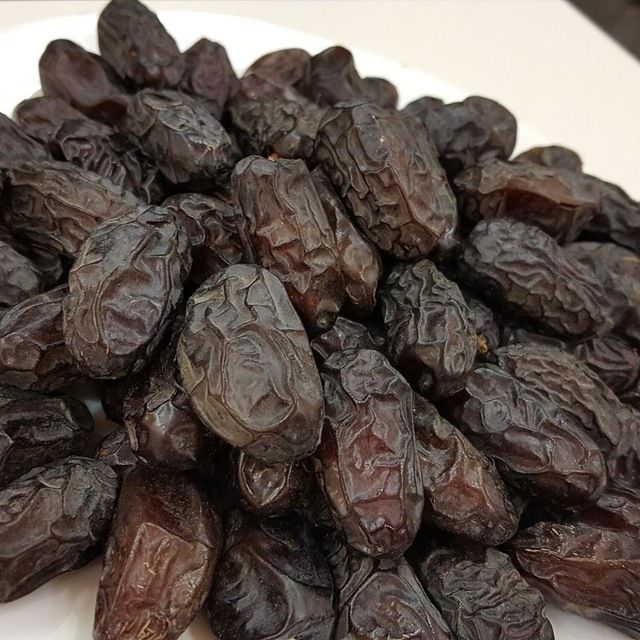Date Exports: A Recipe for Success

Dates, those sweet and versatile fruits, are a staple in many cultures worldwide. But beyond their culinary significance, dates are a valuable agricultural export for many countries. Success in the global date trade, however, is not guaranteed. Several factors significantly influence a country’s ability to export dates competitively and effectively. Let’s explore these key elements that determine date exporters triumph.
1. Nature’s Embrace: The Role of Climate
Sun-Kissed Perfection: Ideal Growing Conditions
Dates are desert dwellers, thriving in hot and arid climates with long periods of sunshine. Optimal temperatures for date palm growth typically range between 32°C (90°F) and 45°C (113°F) during the pollination and fruit development stages. Insufficient sunlight can hinder fruit ripening and compromise overall yield.
Water Management: A Balancing Act
While dates are drought-tolerant, they do require a consistent water source, particularly during the early stages of growth. Effective irrigation systems and water management practices are crucial for ensuring healthy date palm development and optimal fruit production. Excess water, however, can lead to root rot and disease, impacting crop quality and export potential.
2. Cultivating Success: Choosing the Right Date Varieties
Market Preferences: Catering to Global Demand
The date export landscape is driven by consumer preferences. Countries that cultivate date varieties sought after internationally are more likely to achieve export success. Understanding popular varieties like Medjool dates, known for their giant size and rich sweetness, or Deglet Noor dates, prized for their delicate flavor, allows growers to cater to specific market demands.
Innovation and Diversification: Exploring New Horizons
While focusing on popular varieties is essential, successful exporters also explore niche markets. Researching and cultivating unique or lesser-known date varieties with specific health benefits or flavor profiles can open up new export opportunities.
3. Quality is King: Maintaining Rigorous Standards
From Farm to Export: Ensuring Consistent Quality
Strict quality control measures are paramount in the date export industry. Implementing practices that ensure proper harvesting techniques, disease prevention, and post-harvest handling safeguard the dates’ freshness and integrity. This builds trust with international buyers and fosters long-term export partnerships.
Meeting International Standards: Certification Matters
Many countries have established quality and safety standards for exported dates. Compliance with these regulations, including certifications for organic farming practices or pest control methods, is essential for gaining access to international markets.
4. Building Bridges: Effective Marketing and Logistics
Telling the Date Story: Effective Marketing Strategies
Successful date exporters understand the importance of effective marketing. High-quality packaging, clear labeling highlighting the dates’ origin and variety, and targeted marketing campaigns that emphasize the health benefits or unique qualities of the dates can significantly influence export success.
Logistics Prowess: Delivering Freshness Across Borders
Efficient logistics are crucial for ensuring dates reach their international destination in optimal condition. Investing in proper storage facilities, cold chain transportation methods, and established trade partnerships facilitates smooth export operations.
Conclusion: A Sweet Success Story
The date export industry is a complex dance between nature’s bounty, strategic cultivation practices, and meticulous quality control. By understanding the factors influencing export success – from ideal climate conditions to effective marketing strategies – countries can create a thriving date export sector, bringing these delectable fruits to appreciative consumers worldwide.
Key Highlights:
* Climate plays a vital role, with hot and arid conditions favoring date palm growth.
* Cultivating popular date varieties and exploring niche markets are crucial for export success.
* Maintaining rigorous quality control measures ensures consistent product quality.
* Effective marketing and efficient logistics are essential for reaching international markets.
* A successful date export industry requires a multi-faceted approach, maximizing nature’s potential and strategic planning.